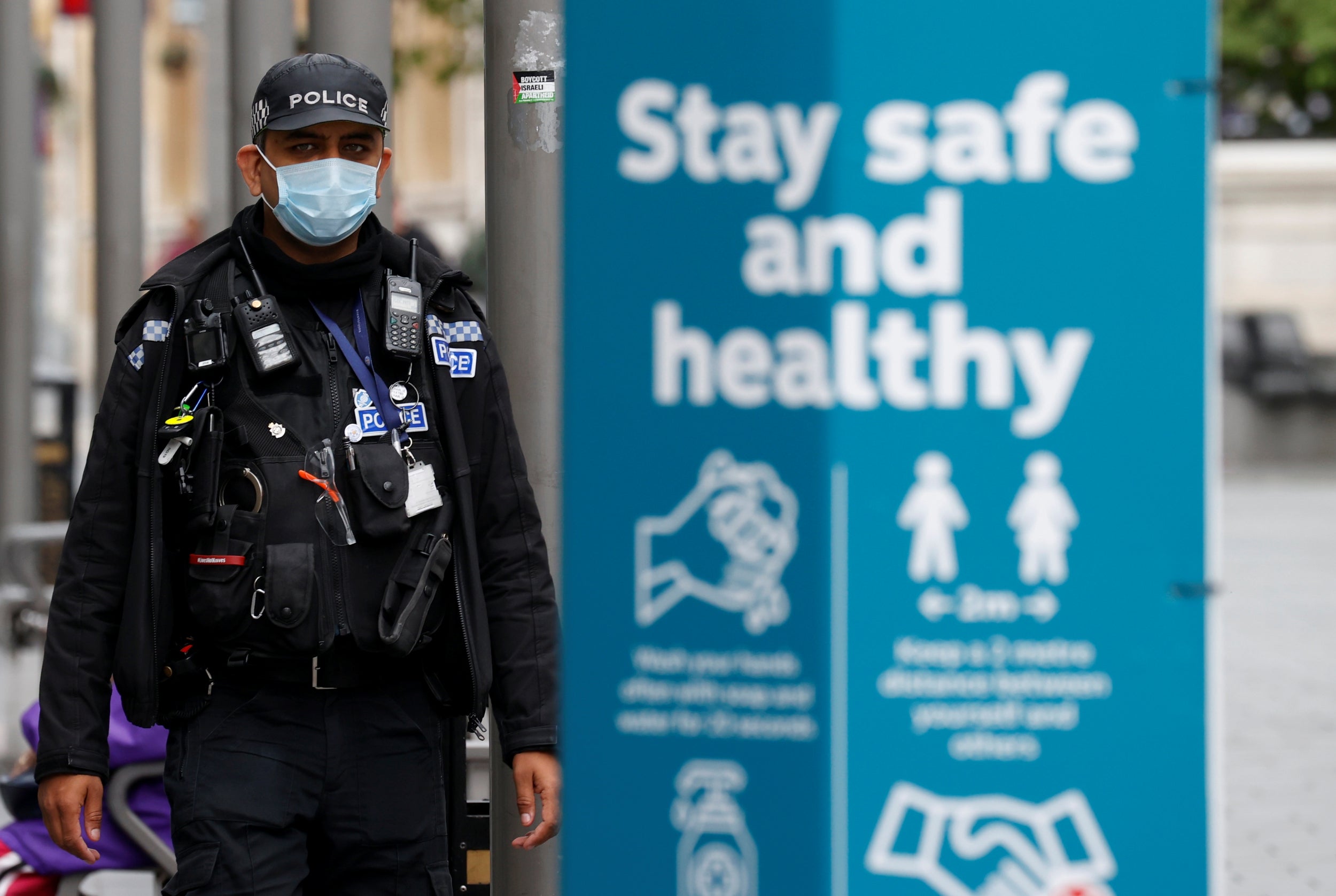Economists wonder if the cost of lockdown was worth it – but is it right to put a price on life?
Professor David Miles’s study may seem ‘macabre’, but it’s a valuable thought experiment, writes John Rentoul


Professor David Miles is an economist, not an epidemiologist, so his study of the effect of coronavirus starts by putting a price on each life saved. As he says, “many will feel uneasy at such calculations”, especially as his conclusion is that the UK has spent far more to prevent each coronavirus death than the NHS would normally spend on other diseases.
His paper, published by the National Institute for Economic and Social Research last week, found that even if we take the highest estimate of the number of lives saved by the lockdown, 440,000, and the lowest estimate of the economic cost, the country has spent far more than the “value” of the lives saved.
This is, as he admits, a “macabre” thought experiment, and there are many objections to it, both moral and methodological. His study starts with the value put on a year of life by Nice, the National Institute for Health and Care Excellence, which advises the NHS on whether new drugs are worth the cost for the years of life they are likely to save.
This figure is £30,000 per year of “quality” life, which will strike most people as too low – and yet most of us are happy for Nice and the NHS to make these “macabre” decisions in normal times. We recognise that the NHS has finite resources, and that the line has to be drawn somewhere – and we would rather not draw the line ourselves.
But decisions about coronavirus seem to be taken in a different moral universe. It was clear from the start that the response to the epidemic would have a huge economic cost, as Rishi Sunak announced ever larger figures to be spent on the furlough scheme and support for companies after the lockdown.
Not all the economic cost of coronavirus is the result of government measures. If the government had done nothing, or if it had adopted a minimal response like the Swedish one, there would still have been a big drop in national income as people chose to work from home and to avoid crowded places. That might require a deduction on both sides of Prof Miles’s equation: fewer lives would have been saved as a direct result of government action, but the cost of those measures would have been only a part of the total cost to the economy.
Whatever objections might be raised to this study, it is an important exercise that deserves more attention, however uneasy it might make us feel. It gives us some idea of the scale of the moral choices involved. And it ought to force the government to be more explicit about the “hard to value” costs of the lockdown – the lost months of children’s education, the deaths caused by delayed and cancelled NHS treatment, and the loss of quality of life caused by unemployment and mental illness.
As Prof Miles says: “There are implications in terms of deaths and misery on both sides of the ledger from any policy. To think such comparisons are distasteful is to not face that reality.”
Yours,
John Rentoul
Chief political commentator
Join our commenting forum
Join thought-provoking conversations, follow other Independent readers and see their replies
Comments